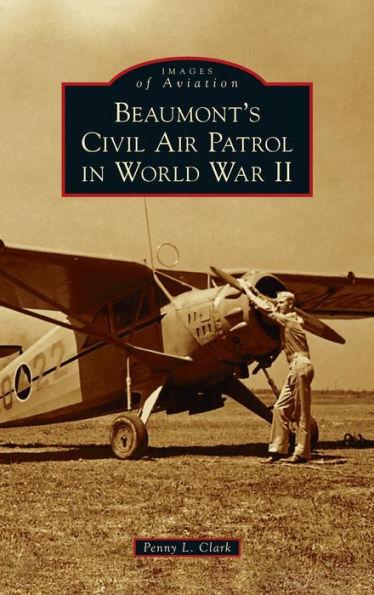During World War II, Beaumont and Port Arthur were leaders in oil refining, which literally kept the Allied wheels moving toward victory. The Germans recognized the importance of Texas oil and sent submarines to sink American ships carrying the valuable cargo. Civil Air Patrol (CAP) Coastal Base No. 10, located at the Municipal Airport in Beaumont, Texas, in 1942-1943, helped alleviate the submarine menace by logging over 14,000 hours in the air over the Gulf. CAP was unconventional. As a part of the Office of Civilian Defense, CAP's members were civilians, many of whom were too old for the military. Other members owned airplanes or had experience flying to help go on missions patrolling the Atlantic and the Gulf of Mexico searching for enemy submarines or survivors of sub attacks. Although the men had training in military protocol, they remained civilians and often returned to their homes after completing their missions.












